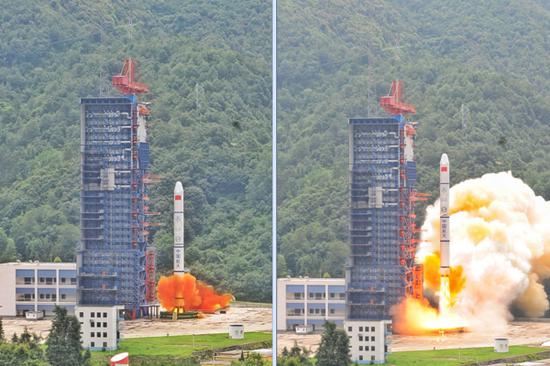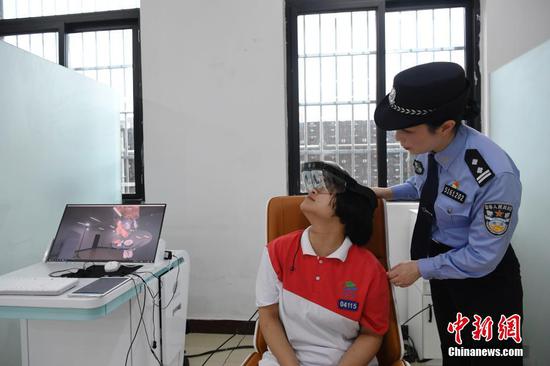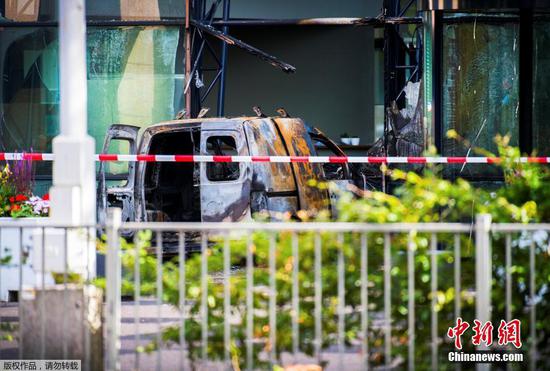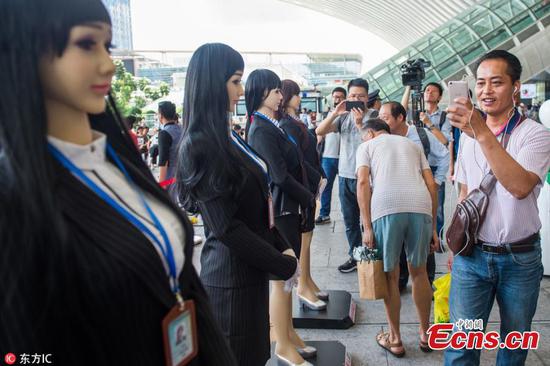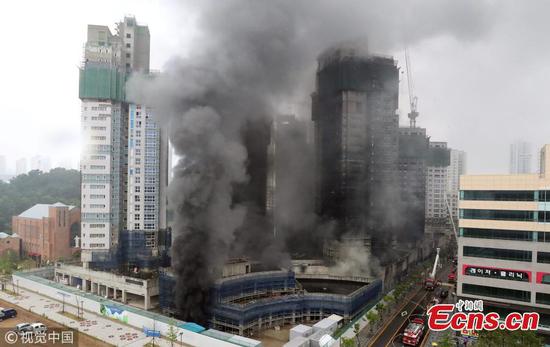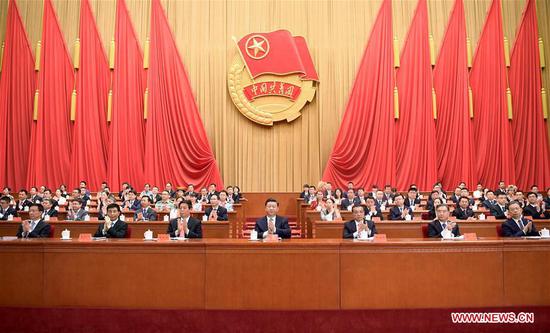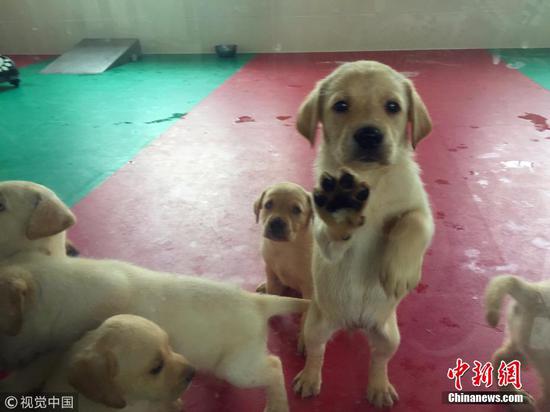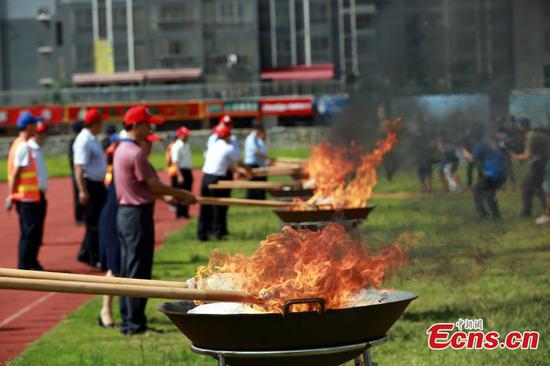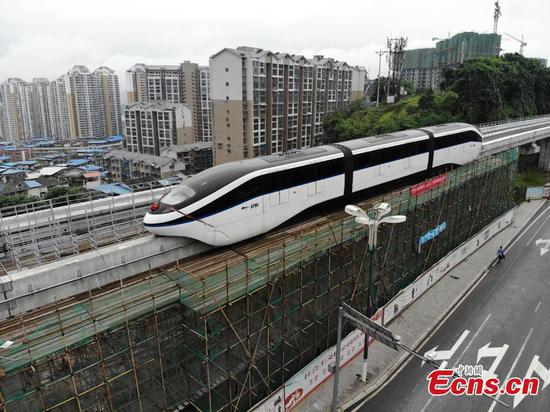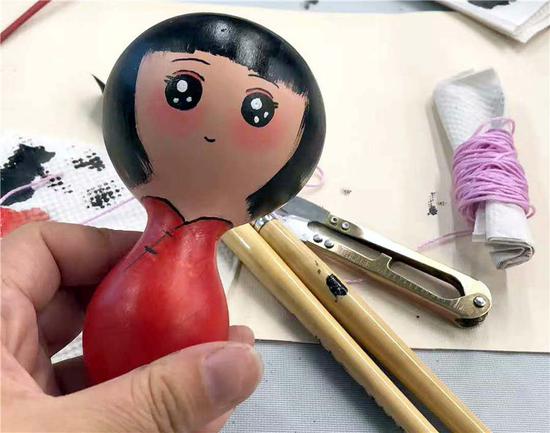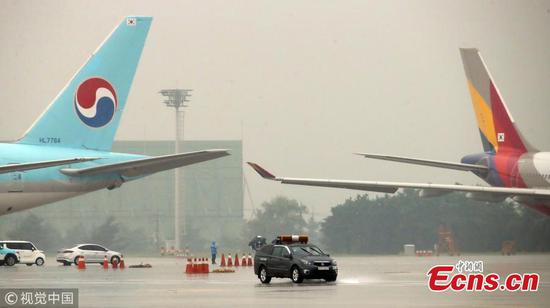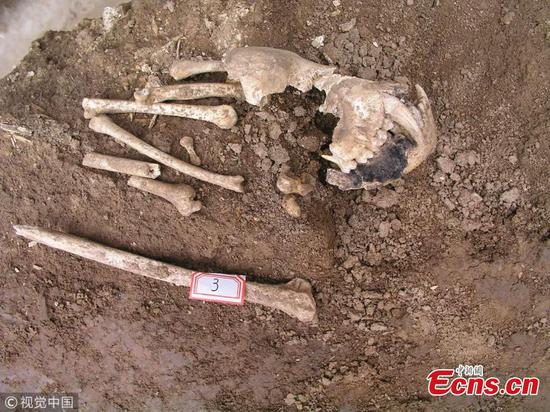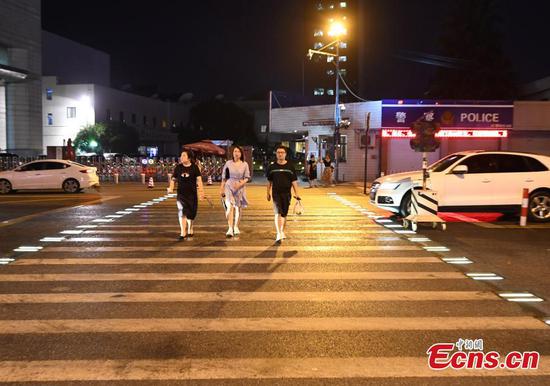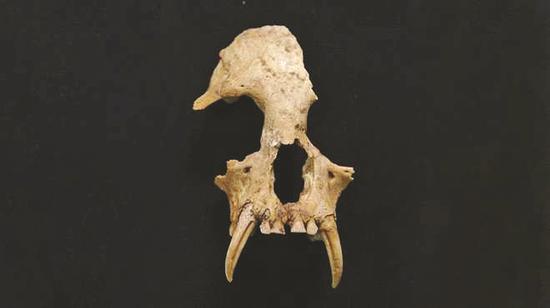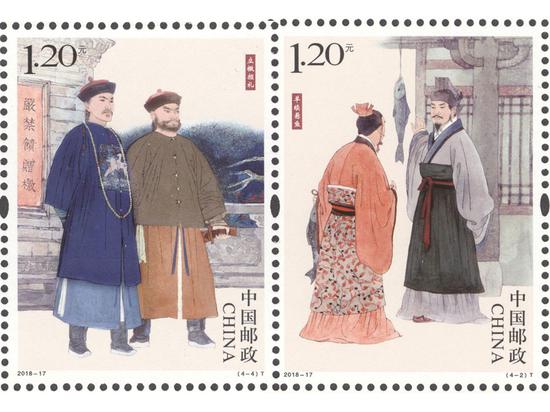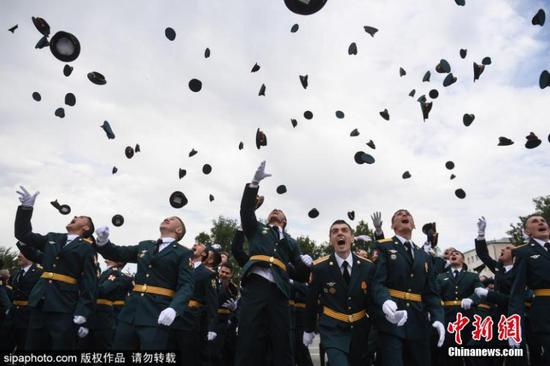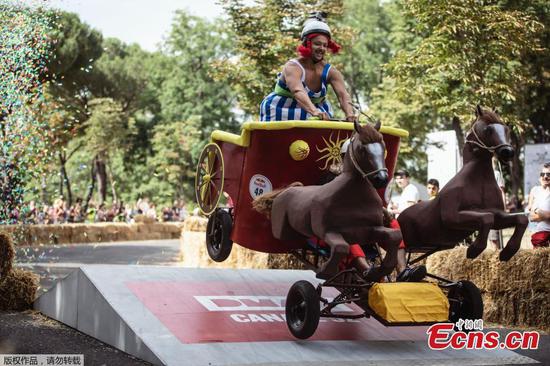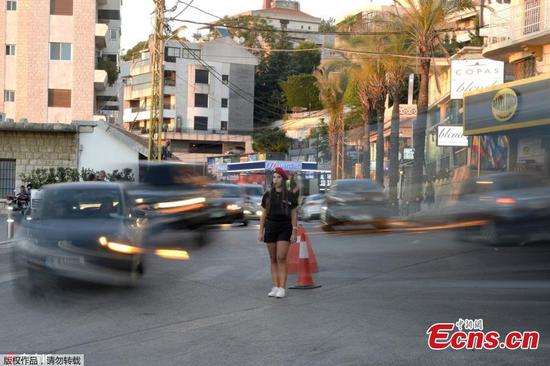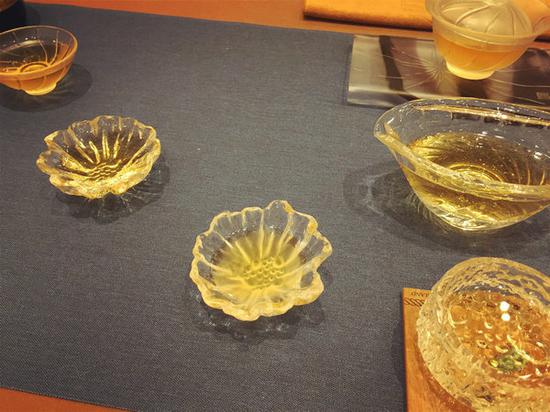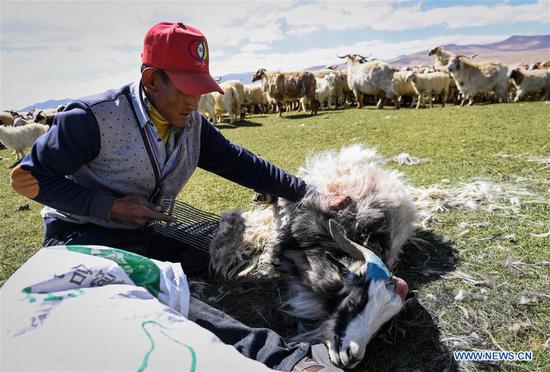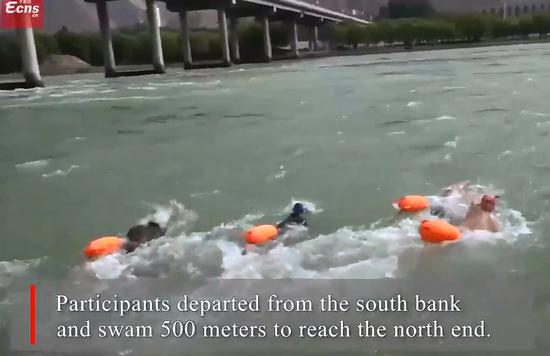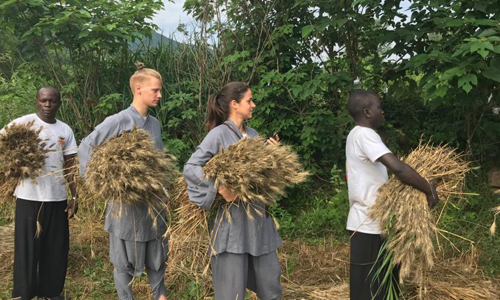Chinese President Xi Jinping has stressed the difficulty of the battle against poverty and the urgency of solving significant problems in poverty alleviation.
Xi, also general secretary of the Communist Party of China (CPC) Central Committee, made the remarks Monday at a symposium on poverty alleviation in Chengdu, capital of Sichuan Province in southwest China.
As one of China's "three tough battles," poverty alleviation is of great significance to the country's building of a moderately prosperous society in all respects and achieving its first centenary goal, Xi said.
The battle against poverty should be firmly carried forward without any pause or slackness, the president said, stressing quality of poverty reduction work with a focus on areas in deep poverty.
At the symposium, Xi listened to reports and advice from local officials of China's poverty-stricken western and southern regions, and had a discussion with them on poverty alleviation issues.
Decisive progress has been made as China has exerted unprecedented efforts in fighting poverty, said Xi, who attributed the success to the CPC's leadership, targeted strategies, strong financial support, and strict requirements for poverty elimination works.
During the poverty alleviation campaign, China has built a poverty relief system with Chinese characteristics, contributing wisdom and solutions to global poverty reduction, he said.
Xi also underlined the challenges and difficulties in the battle, as the country still needs to lift more than 30 million people out of poverty in the next three years.
He named a number of undesirable practices -- formalities for formalities' sake, bureaucratism, falsification and slackness, urging persistent efforts to fight all kinds of challenges and hardships in future work.
China aims to eliminate poverty by 2020 as part of the creation of a moderately prosperous society. The country's poverty rate has dropped from 10.2 percent in 2012 to 3.1 percent in 2017 after 68.53 million people were lifted out of poverty over the past five years.









